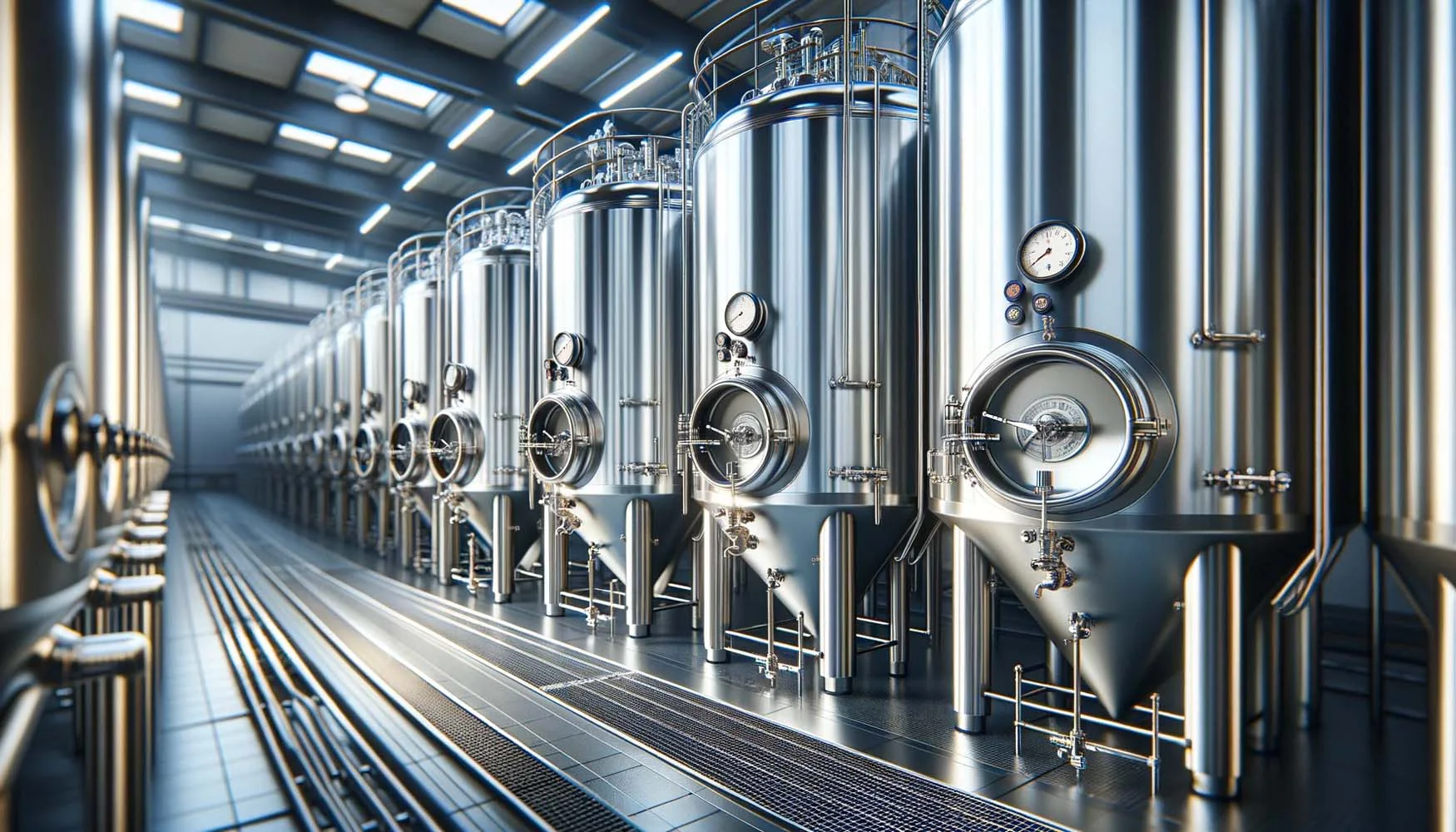
Evaporation
Systems
Evaporation systems are critical components in various industrial processes where the removal of water or other solvents from a solution, suspension, or emulsion is required. These systems are widely used in industries such as food processing, pharmaceuticals, chemicals, and wastewater treatment. The primary goal of evaporation systems is to concentrate a solution by evaporating the solvent, typically water, leaving behind a more concentrated product.

Features and Benefits Of Evaporation Systems
- Energy Efficiency: Multiple-effect evaporators and other advanced designs optimize energy use, reducing operational costs.
- Product Quality: Evaporators like falling film and agitated thin film designs minimize heat exposure, preserving the quality of heat-sensitive products.
- Scalability: Evaporation systems can be designed for various scales, from laboratory to large industrial processes.
- Customization: Systems can be tailored to specific process requirements, including handling different types of feedstocks and end products.
Types Of Evaporation Systems
- Single-Effect Evaporators:
- Operation: Uses a single stage where the liquid is heated to boiling point, and the solvent evaporates.
- Applications: Suitable for processes where the product does not degrade at high temperatures and where energy efficiency is not a primary concern.
- Multiple-Effect Evaporators (MEE):
- Operation: Consists of multiple stages where the vapor from one stage is used to heat the next stage, improving energy efficiency.
- Applications: Used in industries requiring large-scale evaporation with energy savings, such as in sugar production and desalination.
- Forced Circulation Evaporators:
- Operation: Uses pumps to circulate the liquid, providing high heat transfer rates and preventing fouling.
- Applications: Ideal for viscous liquids or those that tend to form scales.
- Falling Film Evaporators:
- Operation: The liquid flows down a heated surface in a thin film, allowing for efficient heat transfer and evaporation.
- Applications: Suitable for heat-sensitive products due to short residence time and low-temperature operation.
- Rising Film Evaporators:
- Operation: The liquid is heated at the bottom and rises through tubes as it evaporates, forming a thin film.
- Applications: Commonly used for solutions with low to moderate viscosity.
- Agitated Thin Film Evaporators:
- Operation: Incorporates mechanical agitation to maintain a thin film and enhance heat transfer.
- Applications: Effective for high-viscosity materials and those prone to fouling or scaling.
- Centrifugal Evaporators:
- Operation: Uses centrifugal force to distribute the liquid over a heated surface for rapid evaporation.
- Applications: Frequently used in laboratory settings and for small-scale production.
Applications Of Evaporation Systems
- Chemical Industry: Concentrating chemical solutions, recovering solvents, and processing intermediates.
- Pharmaceutical Industry: Producing active pharmaceutical ingredients (APIs), concentrating extracts, and recovering solvents.
- Food and Beverage: Concentrating juices, dairy products, and other food ingredients.
- Wastewater Treatment: Reducing the volume of wastewater by evaporating the water content, leaving behind concentrated waste.
- Desalination: Removing salts and minerals from seawater to produce fresh water.
- Pulp and Paper: Concentrating black liquor in the pulping process.
Manufacturing Process Of Evaporation Systems
- Design and Engineering: Customized to meet specific requirements, including material selection, capacity, and features.
- Material Selection: Based on the properties of the processed substances, ensuring compatibility and durability.
- Fabrication: Involves cutting, shaping, and assembling components using advanced machinery and techniques like welding and machining.
- Heat Exchanger Construction: Building efficient heat exchangers to ensure optimal heat transfer.
- Surface Treatment: Includes sandblasting, polishing, and coating to protect against corrosion and fouling.
- Quality Control: Rigorous testing and inspection to ensure compliance with engineering standards and industry regulations.
- Installation and Commissioning: On-site assembly, installation, and testing to ensure the system operates correctly within the production facility.
Teshi Process Solutions’ Expertise
Teshi Process Solutions specializes in designing, engineering, and fabricating a wide range of evaporation systems. They offer customized solutions to meet complex industry requirements, ensuring high-quality products that adhere to strict engineering standards. Their capabilities include manufacturing systems suitable for various feedstocks and evaporation conditions, serving industries such as biofuel, biochemical, food and beverage, marine, and pharmaceuticals.